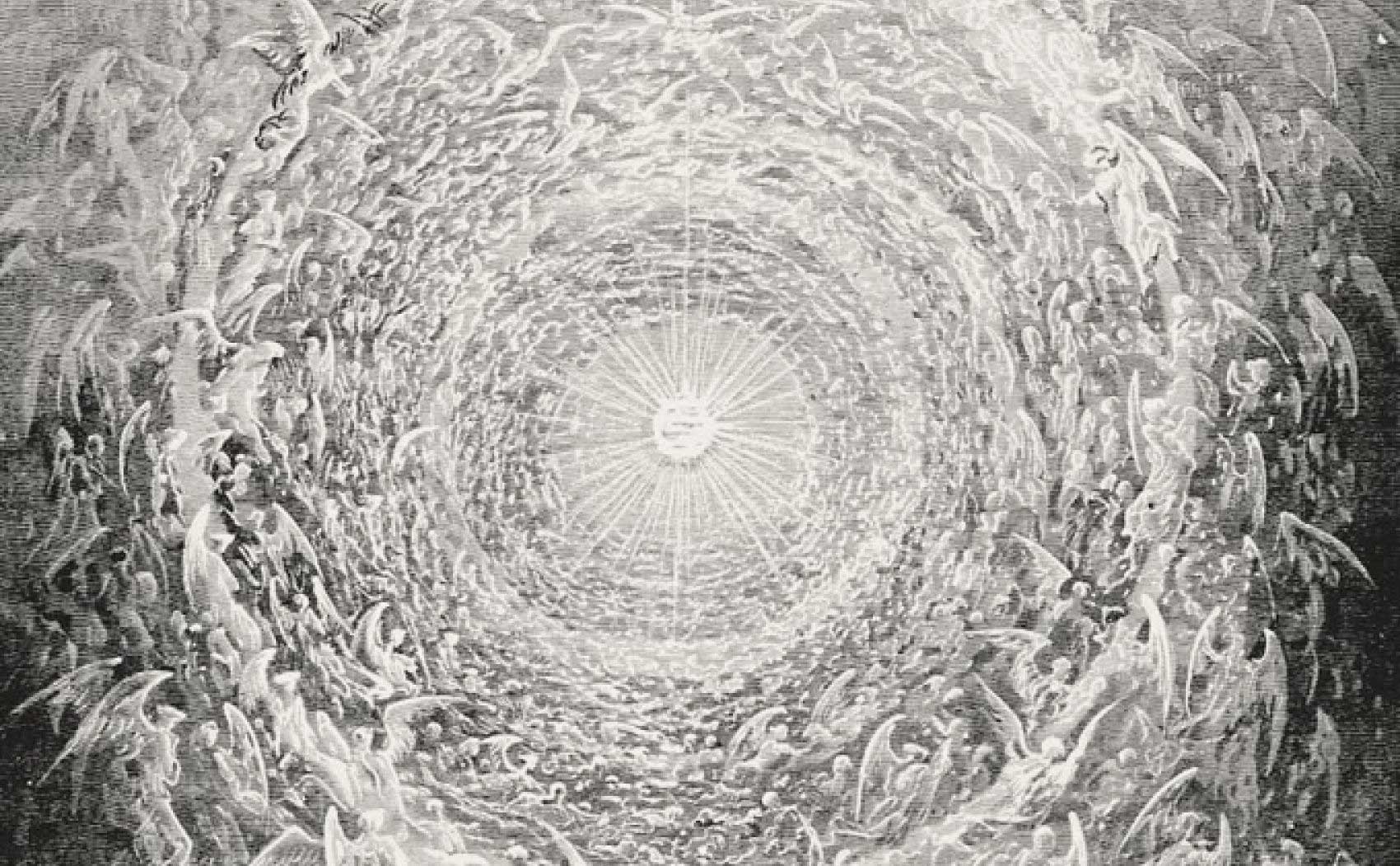
A Clearing by Louise Carson, Signature Editions, 2015, 84 pages
In these difficult, divisive, often overwhelming times, all of us crave a clear, quiet space, where, as Louise Carson’s title poem would have it,
… the old can sit, the children play,
where the wild fruit grows,
where we spread our clothing to dry.
To clear. Clarify. Make clear. In a way all stories and poems do this — make a clearing out of the tangle of our lives, distill an essence, lead us to certain if problematic terms. In Carson’s collection, our attention is drawn by the very first poem to the play of imagination and language in space, to the forming of “meaningful shapes” out of words that “lie on the page/and hang in the air.” In both senses, however, of lie.
Carson’s is ostensibly a quiet world. The poet lives quite alone in the outskirts — west beyond Montreal’s West Island, to be precise — in a house surrounded by fields of grass and trees, with an extensive garden in the back. A motif, especially in the first section of her book, is passing things repeatedly on solitary walks — a fox seen twice (the same fox? or different?), a turtle seen four times on the same day. The effect is of slowing time down. Worthy subjects are things that stand out in the stillness: a muskrat diving. A yellow bird. Daisies. Tulips. A petal, which becomes “an inward slit-eyed glance/a holy tongue of fire.” Feathers in a tree.
A number of these poems achieve masterful concentration. In this fourteen-line poem (a kind of sonnet?), a cactus becomes emblematic in the affirmation of its flowering amidst all its prickly ungainliness:
About the epicactus
Who knew that this irregular, no,
gangling frame, its intermittent arms
attenuations punctuated with hair,
and with no claim to beauty
save its dull green, its weird silhouette
doubled, dark against a yellow wall,
in form a thin vegetable scream,
had hid such a sun of a flower,
a blend of orange, white, gold and cream,
to blaze one day, one night, to a depth
of daring, glowing, open lust,
at which we stare, creation’s door ajar.
And then the slow wilt, the drop, till…ah…
the green vein stops at a calloused scar.
Lest we gain the impresson, however, that Carson is primarily a nature poet, it bears pointing out that a number of her significant poems bring in urban, even menacing atmospheres. In McDonald’s, 32nd Avenue, Lachine, she vividly describes a drive-by world of cars, motorcycles, white women who “examine prospective customers” (serving women? women of the night?), black kids lounging, a sultry air ripe with sexual adventure:
I turn the key to check the time and the headlights play
on the thighs, smooth and hairless, of a girl on rollerblades.
Passively she glides.
Her boyfriend on his bike smiles,
his arm around her waist, and tows her
back to their place.
The collection A Clearing is organized into three parts. The first part, with the exception of one poem that mentions snow and skiing, is summery in its atmosphere; the second part takes us through a more wintery, lonely landscape/mindscape; the third continues on this sombre drift, in pairs and triplets of thematically related poems, towards a partial, if uncertain, redemption. A number of poems speak of long, lean years of penny-pinching survival — “living freelance, untenured, unpartnered,/…wrapped in layers of wool / found at church basement sales.” Hard realities are bravely evoked and confronted: single motherhood, abortion, personal abandonment; an excellent eulogy for a piano student who died far too young; three “old man” poems that deal with, as one would expect, aging and mortality; the Rwandan genocide; Anne Frank, and Superman; and a number of ironic, fiercely acerbic poems addressing topics as diverse as Barbie dolls and God.
There is, though, redemption: a dream of various lovers that leaves the poet “relieved…to have finished acting.” And in the final poem, a sense of grace and amazement at a “brief, mad day, worth anything” — and for the reader as well as writer, the rewarding realization of a number of hard-won, luminous truths.










